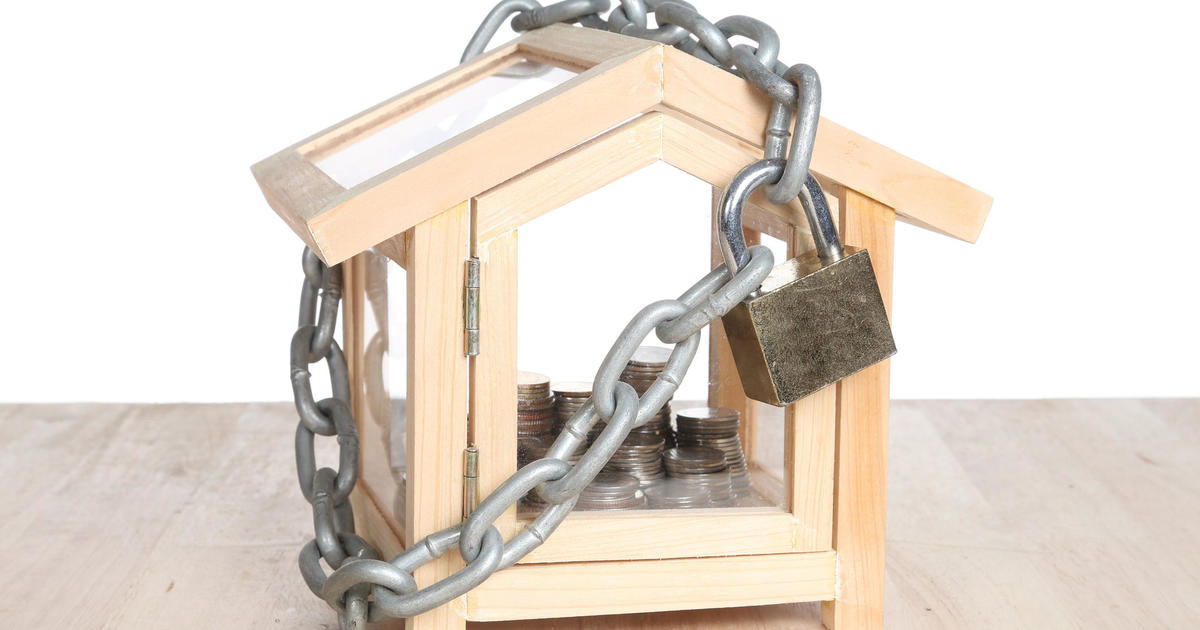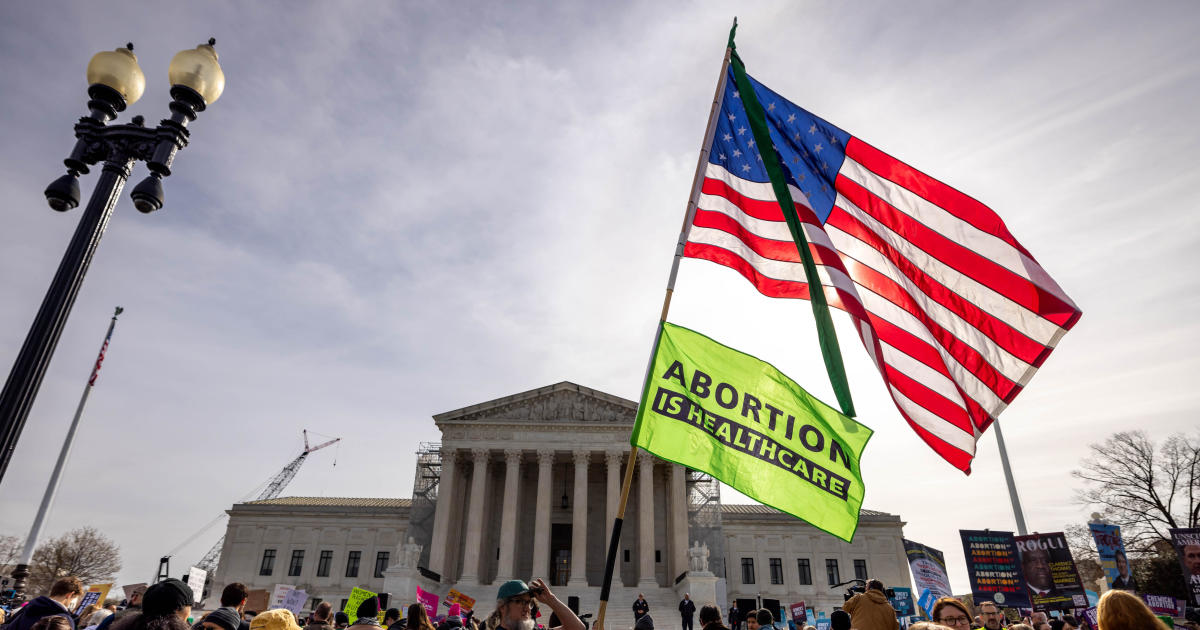Are the Fed's Trumpflation fears misplaced?
The Federal Reserve, after years of coming up with any and every excuse to keep monetary policy as loose as possible, has suddenly turned hawkish.
Last month, it raised interest rates for only the second time this cycle. It penciled in three more quarter-point hikes in 2017. And on Wednesday, with the release of the Fed’s latest meeting minutes, we learned policymakers are concerned the fiscally stimulative policies of President-elect Donald Trump could necessitate a more rapid pace of rate hikes in the new year and beyond.
Yet investors, based on futures market pricing, believe the Fed is overly concerned and that the risk of “Trumpflation” is actually lower than Fed Chair Janet Yellen and her cohorts fear.
Although the Fed acknowledged the uncertainty inherent in trying to predict whether Mr. Trump’s campaign promises of lower taxes, deregulation and increased infrastructure spending will actually come to fruition -- and get through the budget hawks in Congress -- about half of the Fed officials included fiscal policy in their personal economic forecasts.
Goldman Sachs (GS) economist Jan Hatzius noted that officials highlighted that the balance of risks to their outlook had shifted, with increased odds of an upside surprise to GDP growth and a lower-than-expected unemployment rate potentially boosting inflation more than they currently anticipate.
Traders believe the Fed is being overly sensitive, and they’re pricing in only two quarter-point hikes for the year, one around June and another in September.
For one, not all economists are convinced Trump’s policies -- should they be implemented -- will actually prove inflationary. Gluskin Sheff’s David Rosenberg doesn’t believe so, and he has a list of reasons:
- Deregulation and lower corporate taxes will reduce business costs, protecting profit margins even if wages rise.
- Infrastructure spending, if done right, should boost currently stagnant labor productivity and thus reduce unit labor costs.
- Mr. Trump’s win has boosted long-term interest rates -- on higher inflation and GDP growth projections -- which is weighing on real estate prices.
- Heavy holiday-season discounting in the retail sector has continued, suggesting consumers are more miserly than they seem.
- The U.S. dollar’s recent surge will reduce commodity and import prices.
- Bank credit creation and money velocity is slowing -- both antecedents of inflation -- suggesting higher interest rates are slowing the money markets.
- And survey data show only 3 percent of small businesses see inflation as a major problem.
Another possible reason to believe the Fed will be more cautious in its rate hike tempo this year is the risk of political blowback. On the campaign trail, Mr. Trump accused Yellen of artificially holding interest rates down to help President Obama, and he warned that when Obama leaves she’ll raise rates and tank the stock market.
You can be sure that if Yellen’s Fed maintains its newly hawkish stance, Mr. Trump will notice and call attention to it. Between a dressing down on Twitter from the president-elect or allowing inflation to move above her 2 percent target, Yellen may well choose the latter.




